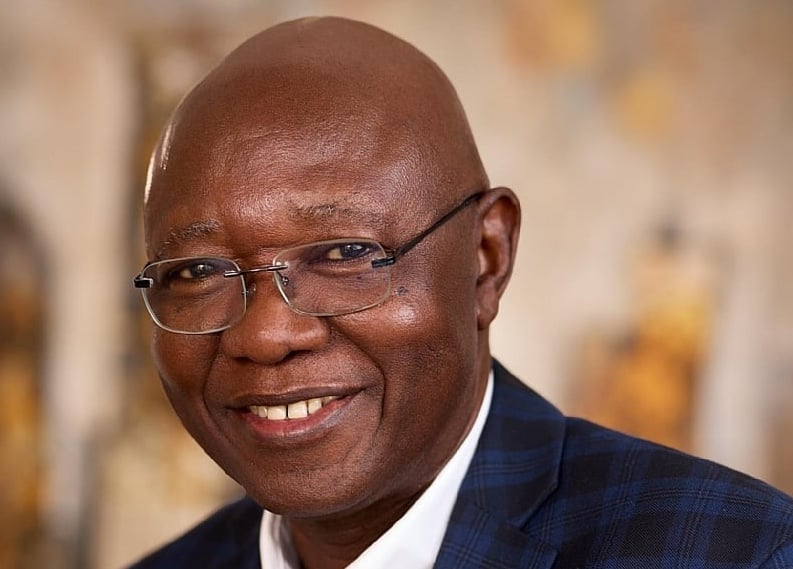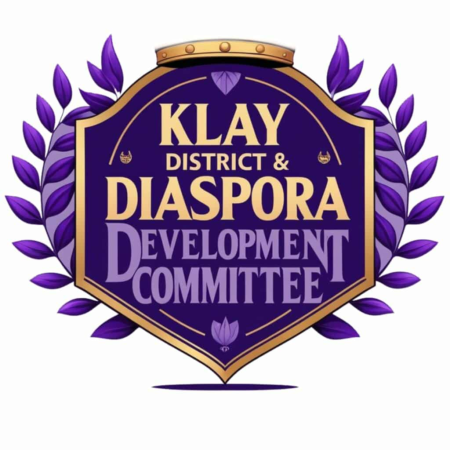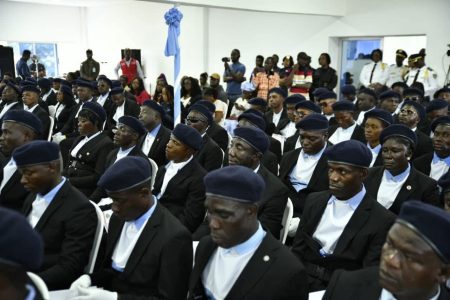Dr. Akwasi Opong-Fosu, a former Minister of State and respected authority on governance and public policy, has issued a powerful call for a comprehensive global coalition to combat corruption – a pervasive issue demanding a concerted response anchored in ethical leadership, empowered citizenry, and robust institutional reforms. Speaking at a virtual Anti-Corruption Roundtable Forum co-hosted by the Africa Global Chamber of Commerce and the University of South Carolina, Dr. Opong-Fosu emphasized the devastating impact of corruption, characterizing it as an assault on human dignity that deprives nations of opportunities, weakens the very fabric of their institutions, and erodes public trust. He stressed the urgent need for a multi-faceted approach to tackling this global challenge, advocating for a strategy that is both morally imperative and strategically sound.
The sheer magnitude of the corruption problem demands immediate attention. Citing alarming statistics, Dr. Opong-Fosu revealed that corruption drains over $2.6 trillion annually from the global economy, exceeding 5% of global GDP. Developing nations bear a disproportionate burden, losing approximately $1.26 trillion each year, with Africa alone forfeiting $10 billion annually to graft – resources that could significantly transform public services in crucial sectors like health, education, and employment. This immense financial hemorrhage underscores the urgency of implementing effective anti-corruption measures to redirect these funds towards sustainable development and social progress.
Dr. Opong-Fosu firmly asserted that corruption is not an issue confined to Africa; rather, it is a global scourge requiring a unified international response. He highlighted prominent corruption scandals worldwide, including Malaysia’s 1MDB case, the revelations of the Panama and Pandora Papers, and cases involving high-profile figures in Western nations like former French President Nicolas Sarkozy and U.S. Senator Bob Menendez. He underscored the double standard that often prevails, with individuals in wealthier nations frequently escaping accountability while African leaders face scrutiny. This disparity, he argued, needs to be addressed to create a level playing field in the fight against corruption. He called for an end to this double standard, emphasizing the importance of holding all perpetrators accountable, regardless of their geographic location or position of power.
Focusing on Ghana, Dr. Opong-Fosu cited research estimating annual losses exceeding GH₵9 billion due to corruption, tax evasion, and smuggling – a staggering sum six times the annual cost of the Free Senior High School program. This significant drain on national resources highlights the urgency of strengthening anti-corruption efforts within the country. He emphasized the need to dismantle illicit financial flows, estimated at $50 billion to $60 billion annually from Africa, often facilitated with the complicity of foreign institutions. Prioritizing this issue on the global agenda, he argued, is crucial for addressing the root causes of corruption and promoting financial transparency.
Dr. Opong-Fosu proposed a robust anti-corruption framework centered on several key pillars: restoring institutional autonomy, promoting ethical leadership through mechanisms like asset declarations and lifestyle audits, leveraging technological advancements such as AI and blockchain to enhance transparency, fostering greater global cooperation, and empowering citizens, the media, and whistleblowers. Each element of this framework plays a crucial role in creating a multi-pronged approach to combatting corruption effectively. He stressed the importance of strengthening institutions tasked with fighting corruption, ensuring their independence and providing them with the necessary resources to carry out their mandates effectively. Empowering citizens, the media, and whistleblowers to expose corruption is also crucial for promoting transparency and accountability.
In his concluding remarks, Dr. Opong-Fosu called for a transformative shift in leadership, moving away from cronyism and transactional politics towards meritocracy and citizen-centered governance. He emphasized that corruption is not an inevitable fate but a series of choices – tolerated, reinforced, and repeated. Integrity, on the other hand, represents a principled, courageous, and consistent decision. The forum brought together academics, policy experts, business leaders, and civil society representatives from Africa and the West, fostering dialogue and collaboration to develop practical solutions to address deeply entrenched corruption systems. This collective effort aims to create a more just and equitable world by tackling corruption at its roots and fostering a culture of transparency and accountability.














